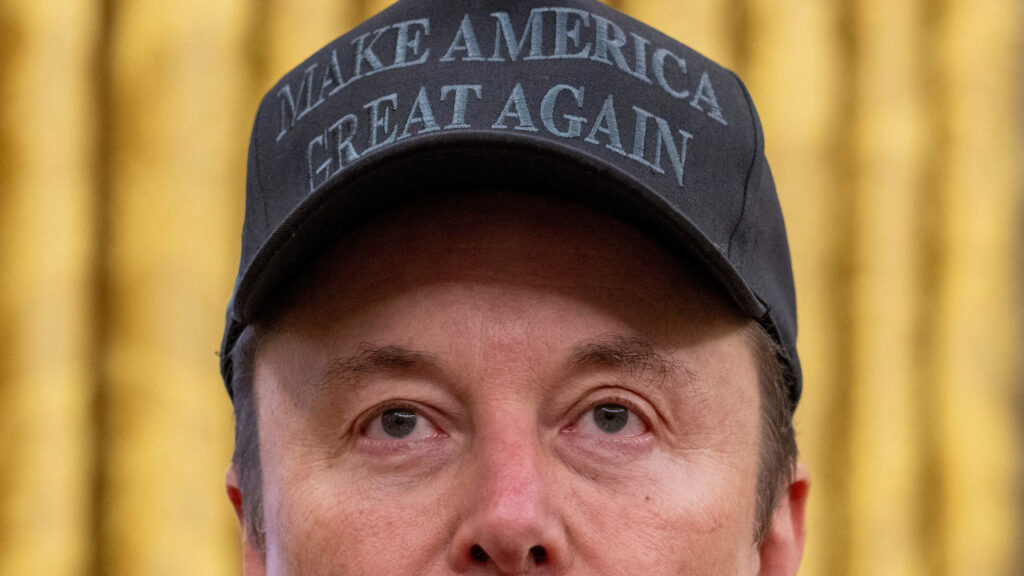In recent months, it appears that we are witnessing a narrative that is gathering momentum around the figure of Elon Musk. This narrative is crafted around his seemingly relentless quest to expose government inefficiencies and fraud. Musk has been vocal, describing his team as “fiscal commandos,” actively seeking to uncover and eliminate wasteful spending within governmental frameworks. He often shares on various platforms that they have identified yet another instance of government fraud, terminated contracts deemed unnecessary, or even taken the drastic step of disbanding entire agencies.
Supporters of Musk view these actions as a transformative force in government spending, believing wholeheartedly that his unique blend of technological innovation and tenacity is unlocking potential efficiencies that policymakers in Washington have failed to harness for decades. They assert that his interventions could lead to significant reductions in the federal deficit, establishing a new paradigm in how public finances are managed. Enthusiasts paint a picture of a man on a mission, advocating that he is the spearhead of a financial revolution. However, beneath this compelling narrative lies a critical concern that warrants examination.
Our investigation into official expenditure records paints a starkly different picture than that portrayed by Musk’s supporters. Despite the bold assertions and grand proclamations, the data suggests that Musk’s initiatives have had a minimal impact on actual government spending. Preliminary analyses reveal that the numbers do not support the sweeping claims made about his contributions. The financial realities show that there has not been a significant reduction in government expenditure that can be directly attributed to Musk’s efforts. This discrepancy raises questions about the effectiveness and actual implementation of the policies he advocates.
Moreover, when delving deeper into the specifics of Musk’s assertions regarding contracted services and government waste, we encounter a multi-faceted issue. The complexity of government contracts and financial dealings often obscures the real outcomes of cutting spending. It is worth noting that contracts can be multifarious and interwoven with intricate bureaucratic processes. Exiting or rewriting contracts involves more than just scrapping agreements; it often entails navigating a labyrinth of legal and administrative hurdles that can actually extend timelines and expenditures rather than decrease them.
To further complicate matters, many of Musk’s claims operating under the banner of solving fiscal inefficiencies might outpace the realities of federal mechanisms. Genuine reform is often stymied by political inertia and a lack of consensus among stakeholders. As such, the results that Musk touts may amount to idealism overshadowed by the pragmatism needed to actualize substantial change. The capstone of this discussion should not merely hinge upon Musk’s narrative but rather the comprehensive understanding of the governmental fiscal structure and the systemic challenges within it.
Ultimately, the narrative surrounding Elon Musk and his team reflects a critical juncture in the discourse on fiscal policy and government spending. While the rhetoric around his efforts to reduce federal deficits has generated considerable excitement among his followers, it is imperative to scrutinize the veracity of these claims against established financial data. The dissonance between expectation and reality prompts a reevaluation of strategies employed in the quest for government efficiency. It beckons a broader dialogue on how best to balance innovation in technology and genuine fiscal responsibility. As the conversations evolve, it will be essential to ground aspirations in empirical evidence to ensure that reforms genuinely serve the public interest rather than becoming mere headline-grabbing endeavors.









